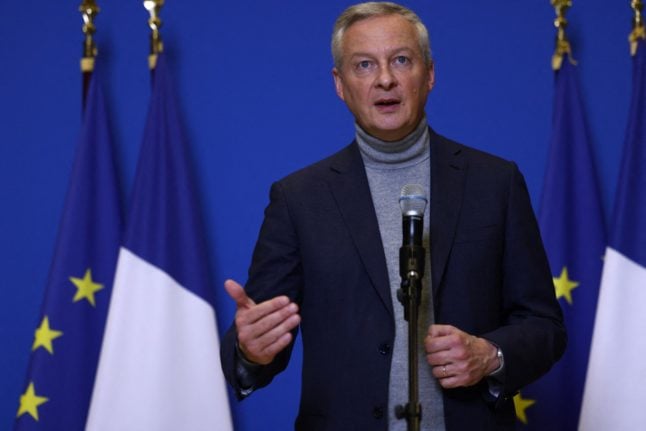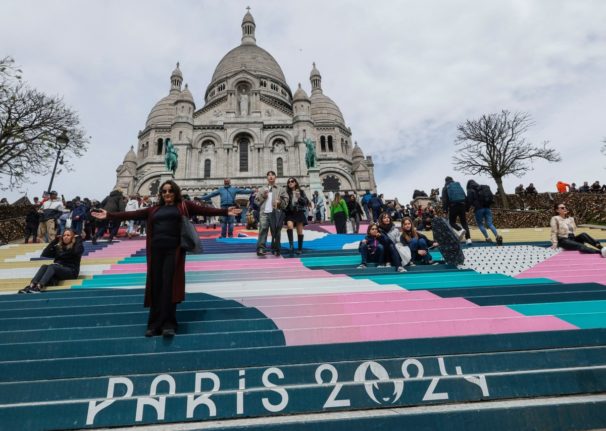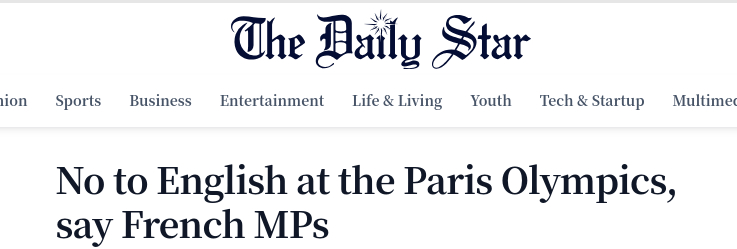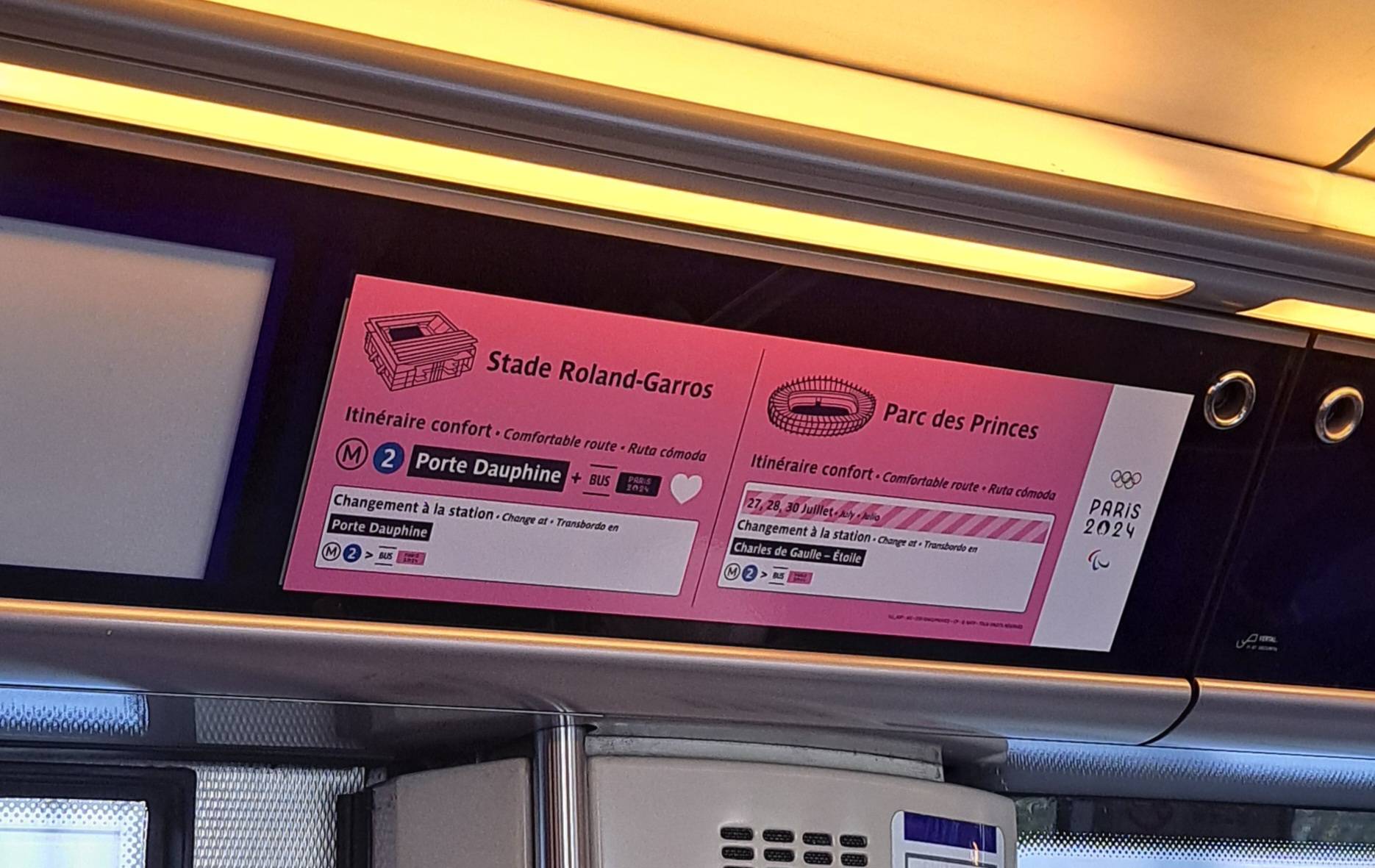The three other member states the same risk bracket as France are Belgium Finland and Croatia. Nine further EU countries – Austria, Germany, Italy, Luxembourg, Latvia, Malta, Netherlands, Portugal and Slovakia – were judged “not fully in line” with the rules.
The member countries were asked to take necessary measures to respect limits set for the bloc, EU economy commissioner Paolo Gentiloni told a news conference.
The warnings were issued as part of Brussels’ six-monthly review of budget trajectories in each of the 20 EU countries that make up the eurozone.
Tuesday’s review covered budgetary plans for 2024.
Despite the possible infractions, the commission said it saw no serious risk to financial stability.
France’s finance ministry said its public deficit reduction plan was “on track” to come down from 4.4 percent of GDP to the bloc-wide target of 3.0 percent, by 2027.
It said it believed raised growth projections for France should be taken into account.
The EU’s budget rules were suspended in early 2020 to help the bloc weather the economic downturn from the coronavirus pandemic, allowing state subsidies to flow beyond the usual constraints.
That exceptional measure was extended to the end of 2023 to then cope with the repercussions from the war in Ukraine, with the rules to come back into force on January 1st next year.
The existing rules – called the Growth and Stability Pact – call for an EU country’s public debt to not exceed 60 percent of GDP, and for national deficits to come in below three percent of GDP.
But there is impetus among member states to modify those stipulations, which many feel are too strict and do not allow countries to respond to changing circumstances. Others believe spending levels should be a more valid metric.
A revised pact is expected to be unveiled in December.
Brussels is also recommending that subsidies introduced to mitigate high energy costs for households and companies be reduced. Three countries in particular – Germany, Malta and Portugal – are being called on to rein in their subsidy policies “as soon as possible”.





 Please whitelist us to continue reading.
Please whitelist us to continue reading.
Member comments